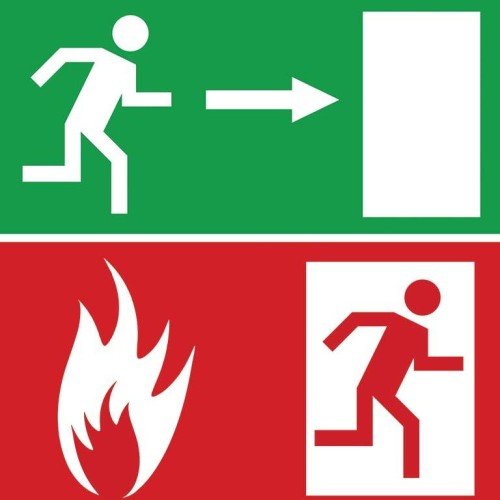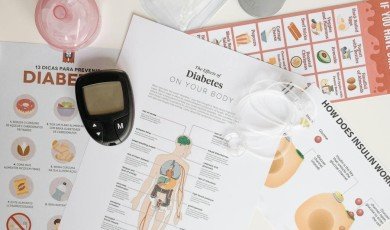
Evacuations can be a stressful and overwhelming experience, especially if you're not sure what to bring with you. Whether it's due to a natural disaster, a fire, or any other emergency situation, having a preparedness plan in place is essential to ensure that you and your loved ones can evacuate safely and with the necessary supplies.
In this blog post, we'll provide a checklist of the essential items you should pack when evacuating.
-
Important Documents: Make sure to gather all important documents such as passports, identification cards, birth certificates, insurance policies, and other important paperwork in one place. Put them in a waterproof and fireproof container, so they are protected from damage.
Important documents are essential to have in a safe and secure location, as they contain sensitive information that could be lost or damaged in an emergency situation. Some of the critical documents you should gather and protect include:
- Personal identification documents: These include passports, driver's licenses, birth certificates, Social Security cards, and any other documents that confirm your identity.
- Financial documents: These include bank account information, credit card details, loan documents, investment account details, and tax returns.
It's crucial to store these documents in a safe, secure, and easily accessible place. You may consider storing them in a fireproof and waterproof container, a safe, or a safety deposit box. Ensure that the documents are organized and labeled appropriately so that you can quickly grab them in case of an emergency. It's also a good idea to keep digital copies of important documents, such as scanning and storing them in cloud storage or on an external hard drive. Having these documents readily available can save you time, money, and stress during an emergency situation.
-
Insurance documents: These include health insurance policies, home and property insurance, life insurance, and any other insurance policies you have.
-
Property and ownership documents: These include deeds, titles, leases, and other documents that prove ownership or occupancy of your home, car, or other property.
-
Medical records: These include medical history, immunization records, and prescription medication details.
-
Legal documents: These include wills, trusts, power of attorney documents, and any other legal documents that are essential to your affairs.
-
Emergency Kit: Pack a bag with essential items such as a first aid kit, flashlight, spare batteries, multi-purpose tool, and a whistle. You should also include any prescription medications, non-perishable food, water bottles, and hygiene items such as hand sanitizer, soap, and toilet paper.
-
Clothing: Pack several changes of clothing, including underwear, socks, and comfortable shoes. Depending on the weather, you may also need to pack rain gear, warm coats, hats, and gloves.
-
Personal Items: Don't forget to bring any personal items that you may need, such as eyeglasses, contact lenses, hearing aids, and any other medical equipment. You should also pack items such as books, toys, and games for children to help keep them occupied and calm during the evacuation.
-
Cash and Credit Cards: Have some cash on hand as well as credit cards, in case ATMs and other financial services are not available.
-
Important Phone Numbers: Make a list of important phone numbers, such as emergency contacts, relatives, and friends, and have them readily available in case you need to make a call.
-
Pet Supplies: If you have pets, don't forget to pack their food, water, medications, and any other necessary supplies, such as leashes, carriers, and toys.
-
Electronic Devices: Don't forget to bring electronic devices such as cell phones, laptops, and tablets, along with their chargers. You may need to stay connected with others or access important information during the evacuation.
-
Car Keys: Make sure you have your car keys readily available. If you're evacuating in your car, ensure that it's fueled up and ready to go.
Remember, when evacuating, the most important thing is to prioritize your safety and that of your loved ones. If you have time, grab any sentimental items or valuables, but focus on bringing what you need to stay safe and comfortable during the evacuation. Stay calm, stay informed, and follow the guidance of emergency officials.








